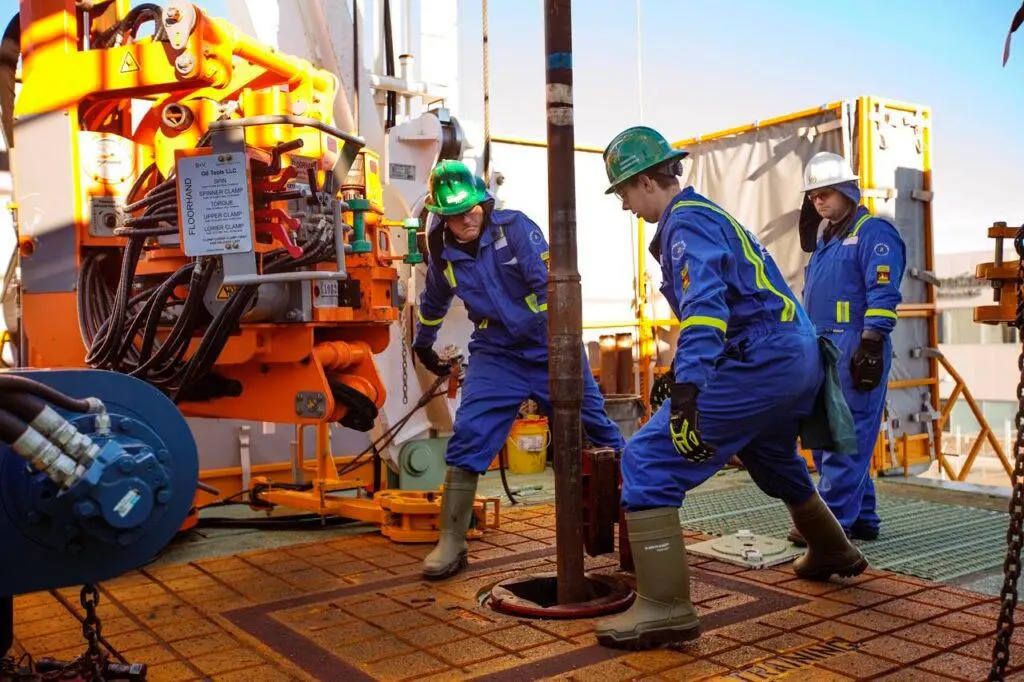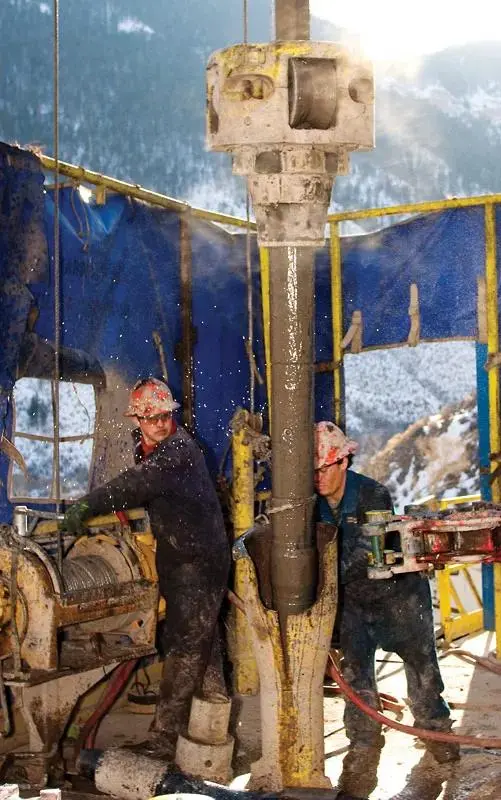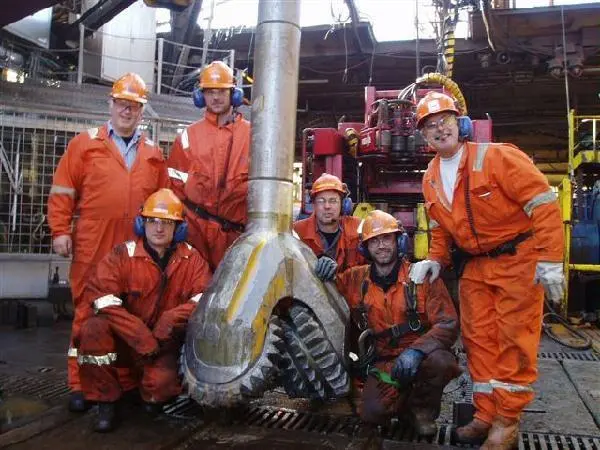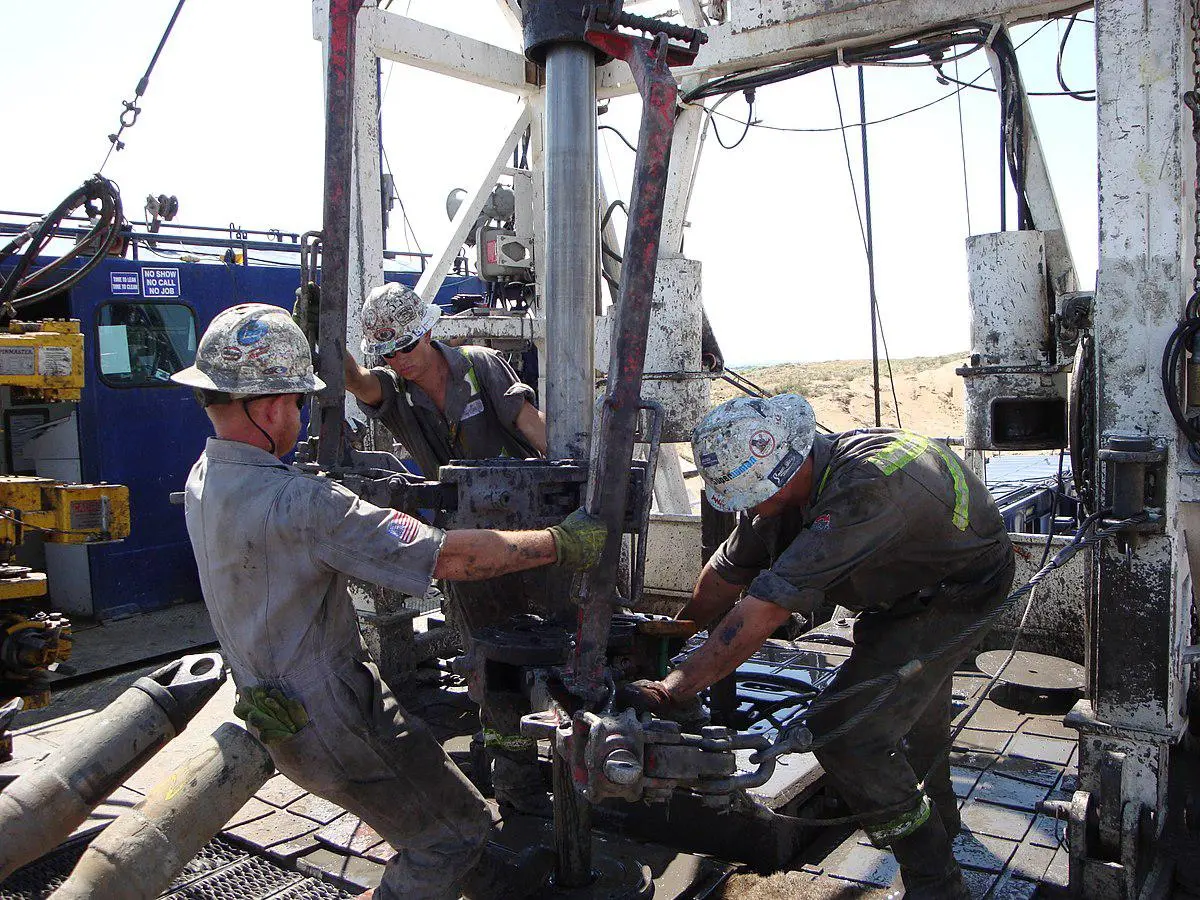Working on an oil rig is not for the faint of heart. It’s a job that demands physical strength, mental endurance, and a willingness to work in some of the most extreme conditions imaginable. However, the payoff for these sacrifices comes in the form of high salaries, which can reach well over six figures annually. But why do oil rig jobs pay so much, and what specific roles command the highest wages? Let’s dive into the reasons behind the high compensation in the oil and gas industry, along with a few examples of roles and their earnings potential.
Physical and Mental Demands.
Oil rigs are often located in remote offshore locations, far from civilization. Workers spend weeks at a time living on the rig, often working 12-hour shifts in harsh conditions. The work itself is physically demanding, requiring employees to perform heavy lifting, operate complex machinery, and sometimes endure extreme weather conditions.
This level of physical and mental stress means that not everyone is suited for the job. As a result, oil companies are willing to pay a premium to attract and retain workers who can handle the rigors of the job. The stress and danger involved in the role contribute to the high salaries offered, making it a key reason behind the financial incentives.

Hazardous Working Conditions.
Oil rigs are inherently dangerous places to work. Accidents, such as blowouts, fires, or equipment malfunctions, can result in serious injury or death. Even with modern safety protocols and equipment, there’s no way to eliminate all the risks. Workers face daily hazards, such as exposure to toxic chemicals, the risk of falls from great heights, and potential injuries from operating heavy machinery.
The danger associated with working on oil rigs means that employees are compensated with hazard pay, on top of their base salary. This extra compensation helps to offset the risks and attract workers who are willing to take on such dangers.
Oil rig located in Canada.

Specialized Skills and Training.
Oil rig jobs require highly specialized skills, and the training involved can be both time-consuming and expensive. Many positions require technical expertise in engineering, mechanics, or geosciences. Drillers, for example, need to understand how to operate complex machinery and monitor drilling conditions, while subsea engineers must have a thorough understanding of underwater technologies.
Training programs for these roles can take months or even years to complete, making experienced oil rig workers valuable assets. The scarcity of qualified personnel in the industry means that companies are willing to pay a premium for workers with the right skills and experience.
Long Shifts and Time Away from Home.
Oil rig workers often work long shifts, usually 12 hours a day, seven days a week, for several weeks at a time. It’s not uncommon for workers to spend months away from their families, as they live and work on offshore rigs or in remote locations. This lifestyle can be difficult, and it’s one of the reasons why many people shy away from oil rig jobs.
In addition to the physical toll, the psychological strain of isolation and long hours can be challenging. Companies compensate for this by offering higher wages to make the sacrifices more appealing. Workers are usually paid for their time on the rig, and in some cases, they may also receive bonuses or extra compensation for being away from home for extended periods.
Global Demand and Economic Factors.
The oil and gas industry is a major driver of the global economy, and the demand for energy continues to rise. The lucrative nature of the industry means that companies can afford to pay their workers well. Additionally, the volatile nature of oil prices means that there are boom periods where companies are willing to pay top dollar to ramp up production quickly.
As global energy needs continue to grow, the demand for skilled oil rig workers remains high, ensuring that salaries stay competitive.
Here are a few examples of oil rig positions and their corresponding salaries:
Drilling Engineer:
Responsible for designing and implementing drilling operations, drilling engineers can earn between $100,000 and $200,000 per year. Their role is critical in ensuring the efficiency and safety of the drilling process.

Rig Manager (Toolpusher):
This is the person in charge of the entire rig. They oversee operations, manage the crew, and ensure that everything runs smoothly. Rig managers can earn salaries in the range of $120,000 to $200,000 or more, depending on the location and complexity of the rig.

Subsea Engineer:
These engineers specialize in underwater operations, working on the maintenance and installation of equipment on the ocean floor. Given the technical nature of their work, subsea engineers often earn over $150,000 annually.

Derrick-man :
A derrickman works high up on the rig’s tower, handling pipes and equipment. This physically demanding and risky job can bring in salaries ranging from $70,000 to $120,000 a year.
Derrickman (Canada)

The view of a derrickman.

Roughneck :
As an entry-level position, roughnecks do much of the manual labor on the rig. Though it’s one of the lower-paying positions, roughnecks can still earn between $50,000 and $80,000 annually, with opportunities for overtime.

Working on an oil rig is not a job for everyone. It’s physically demanding, mentally taxing, and often dangerous. However, for those who are willing to take on the challenge, the rewards can be substantial. High salaries are offered not only as compensation for the specialized skills and risks involved, but also as an incentive to attract workers to an industry that remains essential to the global economy. From drilling engineers to rig managers, oil rig jobs offer financial rewards that reflect the demands of the profession.

